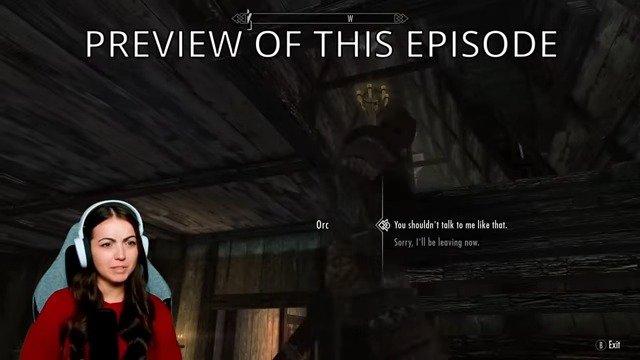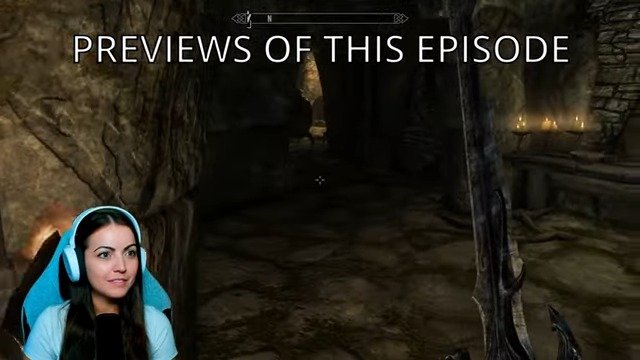jarif
Well-Known Member
simple Miraak would have had a Mask resembling the Acolyte Dragon priests of Solstheim not the Dragon Priests of Skyrim as they have 2 ompletly different Designs and besides Konahrik was made in the original game before Miraak even Existed, Also Miraak was NOT the most powerful of Dragon Priests he was defeated by Vahlok the Jailor Miraak only became powerful when Mora taught Miraak his Knowledge and a thing about the names, Miraaks real name is Miraak, who says they were not given Names pretty much the same way an Argonian is named after the things they do, they did live in the time of the dragons where they most likely would have been named in the Draconic tongue.very well what is it?
Well if we do our research than about the mask and how it links to Miraak. You claim the Konahrik Mask is yours but I think it is Miraak well their are small hints. Well I will just throw it out their first, firstly Miraaks mask and Konahrik maks are very if you take in the fact that Miraaks mask is not a dragon priests mask but a mask granted by Herma Mora since his mask has a Apocrapha feel to it and its likely that Miraak would take power from Herma Mora especially since he escaped his own death from his fellow Dragon priest. It is possibly that Herma Mora would create a mask similar to a dragon priest since has almost infinite knowledge. The Konahrik is the highest and most powerful dragon priest mask and it requires all dragon priest mask and Miraak is the most powerful dragon priest and his level 150 proves this fact especially since he is dragonborn. The mask translates to ''Warlord'' and it is fitting towards Miraak since he is so powerful and it kinda is a another word for his class, battlemage, warlock? And being to claim to being to defeat Alduin is a bold statement especially since he is dragonborn. It is likely he ditched the mask for Herma Mora. I would like you establish this, maybe you challenged Miraak to a duel or he made it yours since he didn't need it?
Original game? If you are referring to Skyrim, I don't think you can just say that because its a expansion, isn't that saying like for example Bend will shout didn't exist because it wasn't in the ''original'' game. Anyway nice response.




